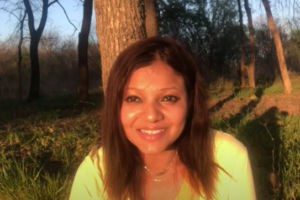Pakistan Prime Minister Imran Khan government’s plan to establish two national parks in occupied Gilgit Baltistan has come under fire with opposition leader Amjad Hussain Advocate pointing out that the plan will result in the loss of livelihood for many locals.
Opposition Leader in the Gilgit-Baltistan Assembly, Amjad Hussain Advocate, is planning to raise the issue during the upcoming Assembly session.
He said that the locals will lose their livelihood because of these parks as they will not be allowed to either construct houses or carry out any cultivation in the area.
He also accused the government of planning to carry out “haphazard” constructions in the regions with the help of “outside investors”.
He said the recent decision to establish the Himalaya National Park covering 1,989 square kilometres area in Diamer, and Nanga Parbat National Park covering 1,196 square kilometres area in Astore and Diamer without devising a mechanism to protect local people’s rights and without taking Gilgit Baltistan’s representatives into confidence would be strongly resisted.
“Under the decision, residents of the national parks can neither utilise herbal products nor cut firewood. We fear haphazard constructions in the name of tourism promotion through outside investors in the national park areas,” he pointed out.
He said according to the international laws, indigenous people had the foremost right over their natural resources, but the move would deprive Gilgit Baltistan (GB) people of economic benefits from natural resources.
“The GB people have already been deprived of their commercial and agricultural lands in the name of state land, and now they would lose pastures after the national parks were set up,” he said.
The exploitation of natural resources at a large scale has resulted in widespread public protests recently across Gilgit Baltistan, an Indian territory, part of greater Kashmir region, forcibly occupied by Pakistan.
Last year, Pakistan began constructing with Chinese funding the long-held-up Diamer-Bhasha dam that partly lies in the Gilgit-Baltistan area of Pakistan-occupied Kashmir.
The project has been opposed by people of the occupied region.
Source: Al Arabiya Post






















